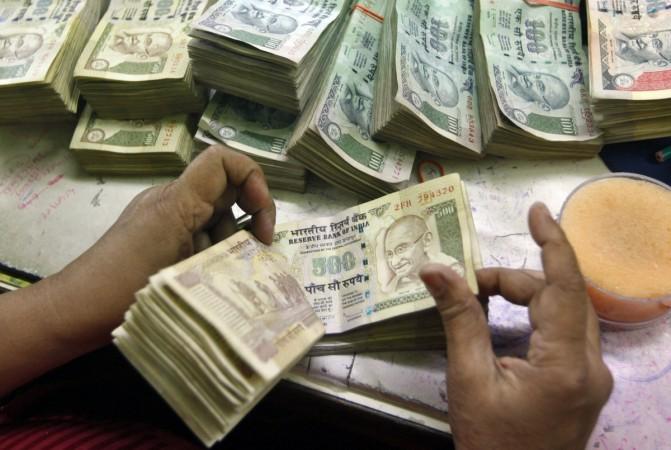
A committee appointed by the the Central Board of Direct Taxes (CBDT) has recommended imposing between six and eight percent tax on a dozen digital services, according to media reports that cited public disclosure of the panel's recommendations March 21.
The panel, which consisted of representatives from Amazon and Flipkart, on taxation of e-commerce had in early February suggested imposing an equalisation levy of six percent on 13 specific digital services, the BusinessLine reported.
If the recommendations are accepted by the government, a host of services (outlined in the report) offered digitally, such as advertising on radio and television, designing, creating, hosting of websites, email, blogs, and facilities for collecting online payments, may attract the equalisation levy.
In the coming years, the ambit of equalisation levy could be extended to include activities like downloading of songs, movies, games and books, online consumption of news, software downloads and online sale of goods and services, etc.
However, for now the panel proposes to limit equalisation levy to business-to-business (B2B) transactions and not on individual consumers, said the report.
"EQL will not be applied to Business-to-Consumer (B2C) transactions, which are more frequent, but of smaller amounts," said Rakesh Jariwala, tax partner (media and entertainment) at EY, in a note, reported the Mint. "Till that point of time when a mechanism becomes available, by which equalisation levy can be seamlessly collected in B2C transactions, without burdening the consumer," he added.
The CBDT panel's recommendation is based on The Organisation for Economic Co-operation and Development's (OECD) guidelines on Base Erosion and Profit Shifting (BEPS). The BEPS refers to shifting of profits from the high tax-rate countries to lower tax-rate jurisdictions, reported the Mint.
This move could equalise taxes across geographies where businesses have extended.
Taxation Clarity
Equalisation levy, also called the "Google tax," is a tax deduction at source before the resident entity makes a payment to a non-resident for online advertisements.
"Personally, I don't think there is any reason why there should be an equalisation levy because there is already a tax which is being deducted at source when there is a B2B transaction," Bishakha Bhattacharya, senior director at the software services industry lobby group, Nasscom, told the Mint.
"We are representing to the current government...that you want to put an equalisation levy, that is okay, you have the choice to do that, but please ensure that that particular entity is not taxed twice on the same income," she added.
The BusinessLine reported that the controversy around the nature of equalisation levy has been resolved since the panel report was made public. Equalisation levy is not an income tax, the report said, therefore "international treaties would not apply to foreign recipients and may, therefore, lead to additional costs for Indian payers," it quoted tax experts.
"Tax credit cannot be claimed by the foreign recipient," it quoted Rakesh Nangia, managing partner, Nangia & Co, as saying.
The daily reported that this prior knowledge had in fact led the panel itself to rule out the option of levying the withholding tax; an act that would have prompted amendments to tax treaties in itself.
Shefali Goradia, partner, BMR and Associates Llp, told the Mint that the panel report was dynamic and comprehensive on the issue of imposing a new tax on digital economy. "India has taken a lead in taxing digital economy," she added.
"Since foreign companies having a permanent establishment (taxable presence) in India, they are exempt from this levy, the committee hopes that this will discourage companies from artificially avoiding permanent establishment in source countries," Goradia told the Mint.
Budget: EQL on Online Advertising only
The budget had incidentally announced a six percent equalisation levy on online advertising alone, bringing into the tax net the payment to non-residents by a resident.
The Business Standard interpreted the finance minister's budget statement as "an entity making payment to a non-resident entity exceeding Rs 1 lakh a year for online advertisement would withhold tax at six per cent of the gross amount paid as EQL."
It added that the proposal would affect not only Google and Facebook, but many start-ups that rely heavily on digital advertising.
The committee had identified several online services for this levy, said Amit Maheshwari, partner, Ashok Maheshwary & Associates. However, he explained that the budget had introduced the equalisation levy only on "online advertisements" and allied services.
"So we can expect some more services to be brought in the tax net in the future," Maheshwari told the BusinessLine as a response to the now disclosed document.








